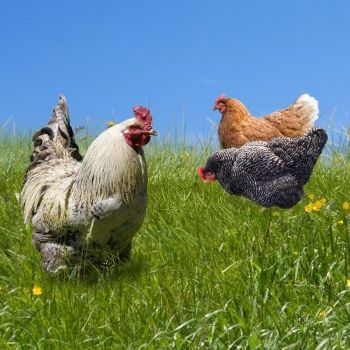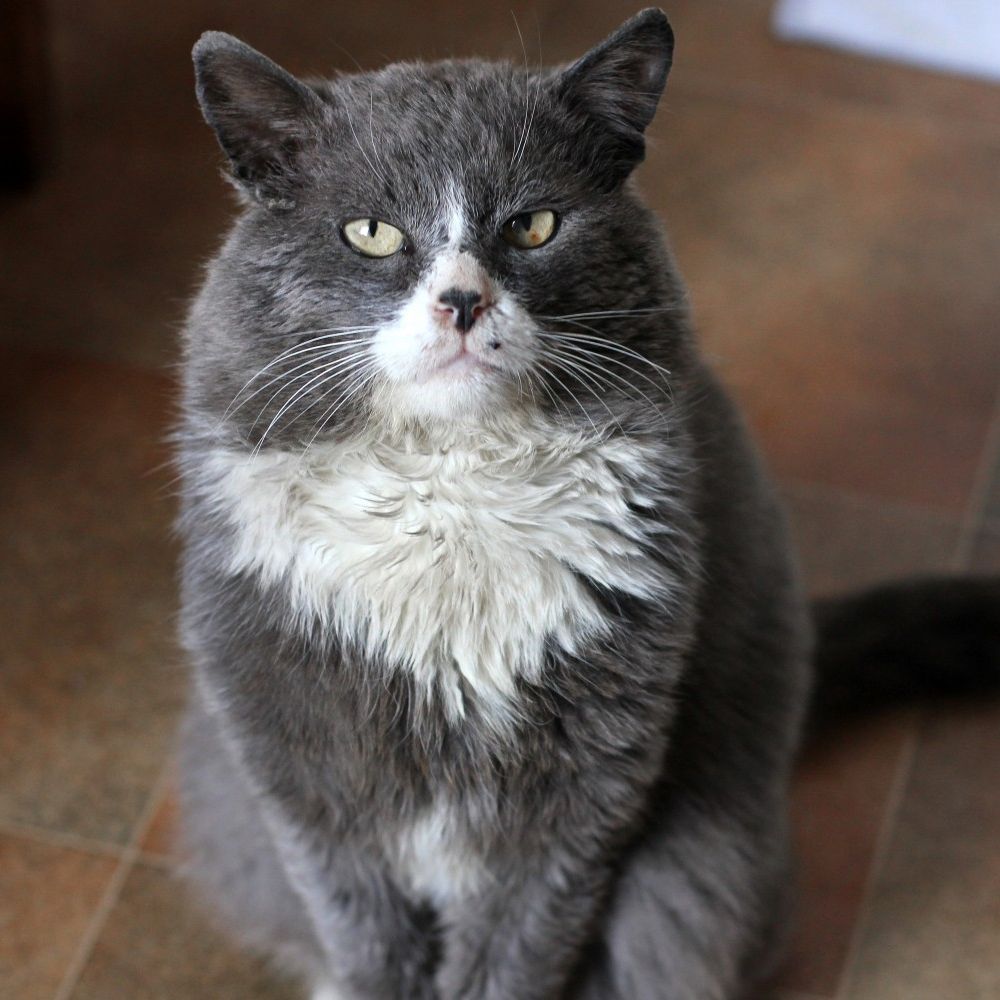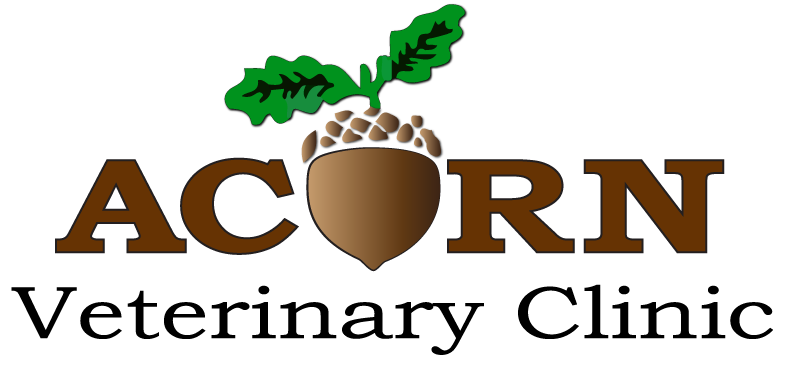|
Information on Avian Influenza for Acorn Clients
There has been an increase in avian influenza or H5N1 in California. It can affect birds but also cats and less likely dogs or humans. It can be spread through bodily fluids and also through infected meat or milk. High risk patients include those living on or exposed to poultry or dairy farms or consuming raw meat or unpasteurized milk. Outdoor birds are also at higher risk.
Clinical signs can be extremely variable but can include:
BIRDS:

- Sudden death with no prior signs
- Low energy or appetite
- Red/purple discoloration or swelling of various body parts
- Decreased or abnormal egg production
- Nasal discharge
- Coughing or sneezing
- Lack of coordination
- Diarrhea
|
CATS:

- Fever
- Lethargy
- Decreased appetite
- Conjunctivitis
- Copious eye/nose discharge
- Trouble breathing
- Neurological signs: tremors, seizures, ataxia, or blindness
- Sudden death
|
THERE IS NO SPECIFIC TREATMENT and it can be spread to humans so if you think your pet may be at risk, please take precautions.
- Do not feed raw/unpasteurized milk.
- Do not feed raw meat.
- Do not let your pet eat/touch dead wildlife or bird droppings as much as possible.
- Call your veterinarian if your pet has neurological signs.
- If you have chickens, practice good hygiene and wash hands, change shoes/clothes between handling chickens and cats/dogs.
If you think you have a bird that may have avian influenza:
CHICKENS: https://cahfs.vetmed.ucdavis.edu/ - you can submit deceased birds for testing. Check this website and follow instructions.
SICK BIRDS: Call the State Bird Hotline (866)922-2473 if your birds become sick or die. They may be able to offer or recommend testing (ie for Avian Influenza) or may recommend you bring your bird to see us.
If you find a DECEASED WILD BIRD(S): Call California Department of Fish and Wildlife (916)358-2790. Do not touch the birds.
CATS: If you think you have a positive cat and your cat has a risk factor (raw diet, exposure to poultry/dairy, eating wild birds) please call us and clearly state your concern and your cat’s clinical signs so that we can prepare for their appointment.
DOGS: Avian influenza is extremely rare in dogs, but if you think your pet is high risk (e.g. hunting dogs) and has clinical signs, again please call us and clearly state your concern and your dog’s clinical signs so that we can prepare for their appointment.
More information on avian influenza in cats: https://www.avma.org/resources-tools/animal-health-and-welfare/animal-health/avian-influenza/avian-influenza-h5n1-cats
|







